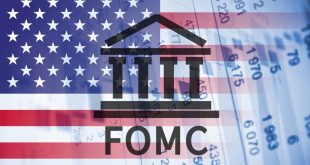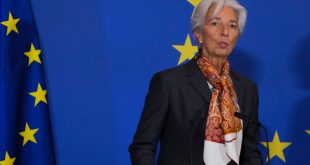Fiscal Policy at a Crossroads
Russia is weighing a significant revision to its budget rule as plummeting oil prices threaten its financial stability, Finance Minister Anton Siluanov revealed on May 28, 2025. The current rule, which sets a baseline oil price of $60 per barrel, directs excess revenue to the National Wealth Fund when prices exceed this level. However, with Russia’s Urals crude trading near $50 per barrel for two months, the government is drawing on these reserves to offset declining oil and gas income, prompting a reevaluation of the $60 benchmark.
Pressure from Falling Oil Revenues
Siluanov highlighted the need to reassess whether the $60 baseline supports both the preservation and growth of the National Wealth Fund, a key buffer for economic downturns. “We will discuss the baseline price and the replenishment of the fund, as these are tied to overall budget balance,” he told lawmakers. The urgency stems from a 24% drop in projected oil and gas revenues for 2025, triggered by an oil price crash in early April. These revenues, critical to Russia’s economy, are now expected to account for just 3.7% of GDP, down from an earlier forecast of 5.1%.
Widening Budget Deficit
The oil price slump has also led Russia’s finance ministry to triple its 2025 budget deficit forecast to 1.7% of GDP, up from 0.5% previously anticipated. This sharp revision underscores the fiscal strain caused by lower oil prices, which have eroded a key pillar of Russia’s budget. As the government prepares its medium-term budget, adjusting the budget rule’s oil price benchmark could mark a pivotal shift in fiscal policy to navigate these challenging economic conditions.
Looking Ahead
Russia’s potential overhaul of its budget rule reflects the broader impact of volatile oil markets on its economy. With oil and gas revenues under pressure and the budget deficit widening, the finance ministry faces tough decisions to safeguard the National Wealth Fund while maintaining fiscal stability. The outcome of these discussions will shape Russia’s economic strategy in the face of ongoing global uncertainties.

 Noor Trends News, Technical Analysis, Educational Tools and Recommendations
Noor Trends News, Technical Analysis, Educational Tools and Recommendations




